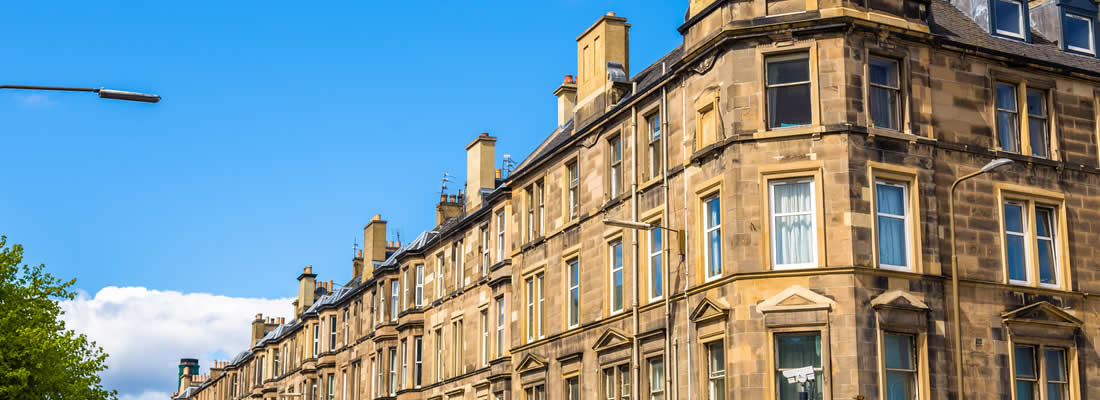The Scottish Parliament has now passed the Housing (Scotland) Bill at Stage 3, marking a major step forward in the government’s plans to strengthen tenants’ rights, improve housing standards, and modernise the way Scotland approaches homelessness prevention. The vote which took place on 30th September 2025, means the Bill has cleared all parliamentary stages and will now move forward for Royal Assent, after which it will formally become law.
Stage 3 represents the final stage of parliamentary scrutiny, where MSPs have the opportunity to propose and debate final amendments before voting on whether the Bill should pass. The motion to approve the Bill, lodged by Cabinet Secretary for Wellbeing Economy, Net Zero and Energy, Màiri McAllan, received the support needed to carry it through. The passage follows months of detailed committee work and significant public consultation, reflecting the Scottish Government’s wider housing reform agenda.
A Modernised Approach to Housing
The Scottish Housing Bill introduces wide ranging changes that will affect both tenants and landlords across the country. One of its central features is the introduction of stronger rent regulation measures. Local authorities will now be required to regularly assess rent levels in their areas, with new powers allowing Scottish Ministers to designate rent control zones where necessary. This is designed to ensure fairer and more predictable rent increases, particularly in high pressure markets.
The Bill also strengthens tenant rights and housing security. Private and social tenants will gain the right to request to keep a pet or make reasonable alterations to their home, a move aimed at promoting greater flexibility and long-term stability in tenancies. Provisions around evictions have also been refined, with new guidance for courts and tribunals to consider potential delays and hardship when making eviction decisions. The calculation of damages for unlawful eviction has likewise been updated to offer clearer protection to tenants.
Tackling Homelessness and Housing Inequality
A major focus of the Bill is homelessness prevention. Under the new legislation, a wide range of public bodies- including health boards, the police, and prisons- will be required to ask whether someone they are working with is homeless or at risk of homelessness, and to take steps to help. This marks a significant shift toward a preventative, cross agency approach rather than crisis intervention after homelessness occurs.
Local authorities will be expected to take earlier action when a risk of homelessness is identified, and additional support will be provided to those facing eviction due to rent arrears or domestic abuse. This reflects Scotland’s long standing commitment to a rights based approach to housing, ensuring that no one falls through the cracks because of organisation or lack of coordination.
Next Steps
Now that the Bill has passed its third and final parliamentary stage, it will proceed to Royal Assent, after which it will become an Act of the Scottish Parliament. The legislation will come into effect gradually, with specific provisions being implemented on dates set out by Scottish Ministers. For tenants, landlords, letting agents, and local authorities, this is a moment to prepare for change. Over the coming months, further guidance will clarify how the new rules will operate in practice, particularly around rent controls, tenancy agreements, and local authority responsibilities.
The passage of the Housing (Scotland) Bill represents one of the most significant reforms to Scotland’s housing landscape in recent years. It builds on years of evidence, consultation, and debate, and signals a clear direction of travel: toward a fairer, safer, and more sustainable housing system for everyone in Scotland.




